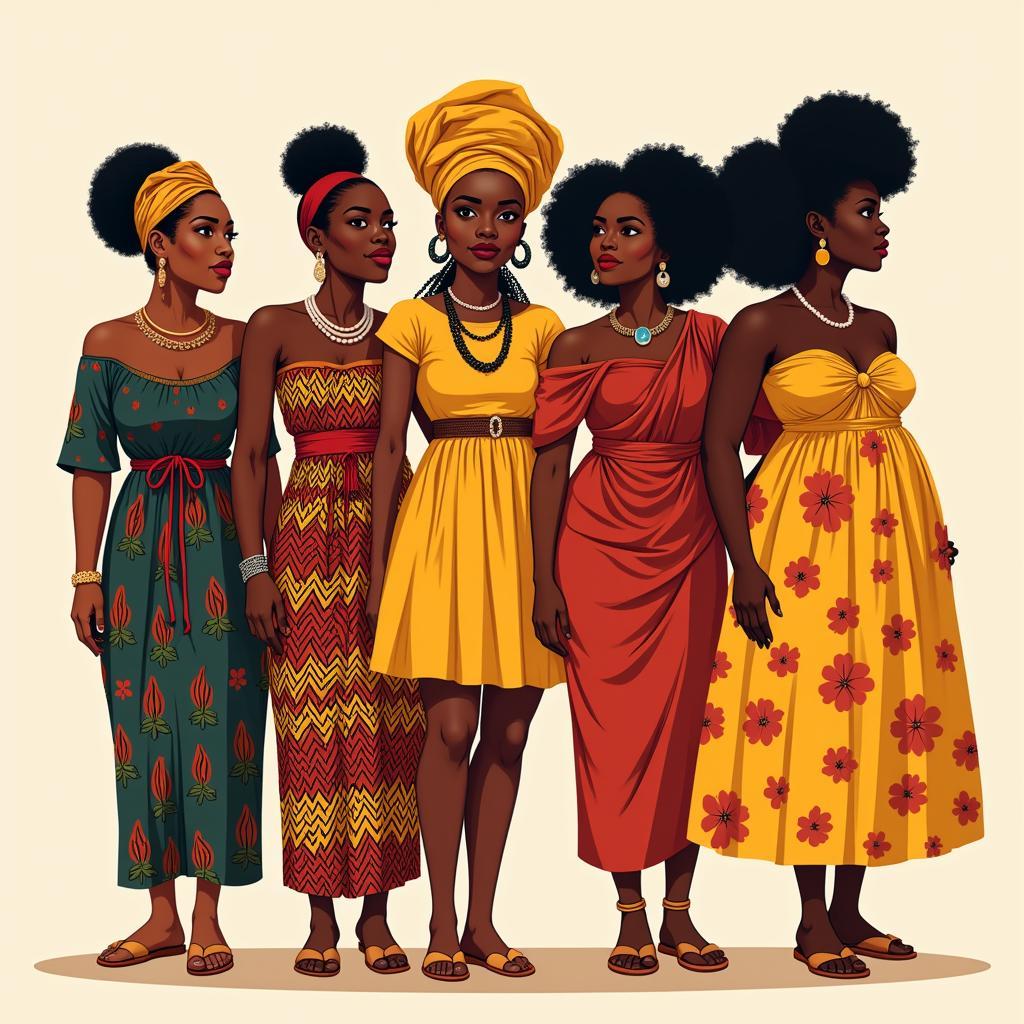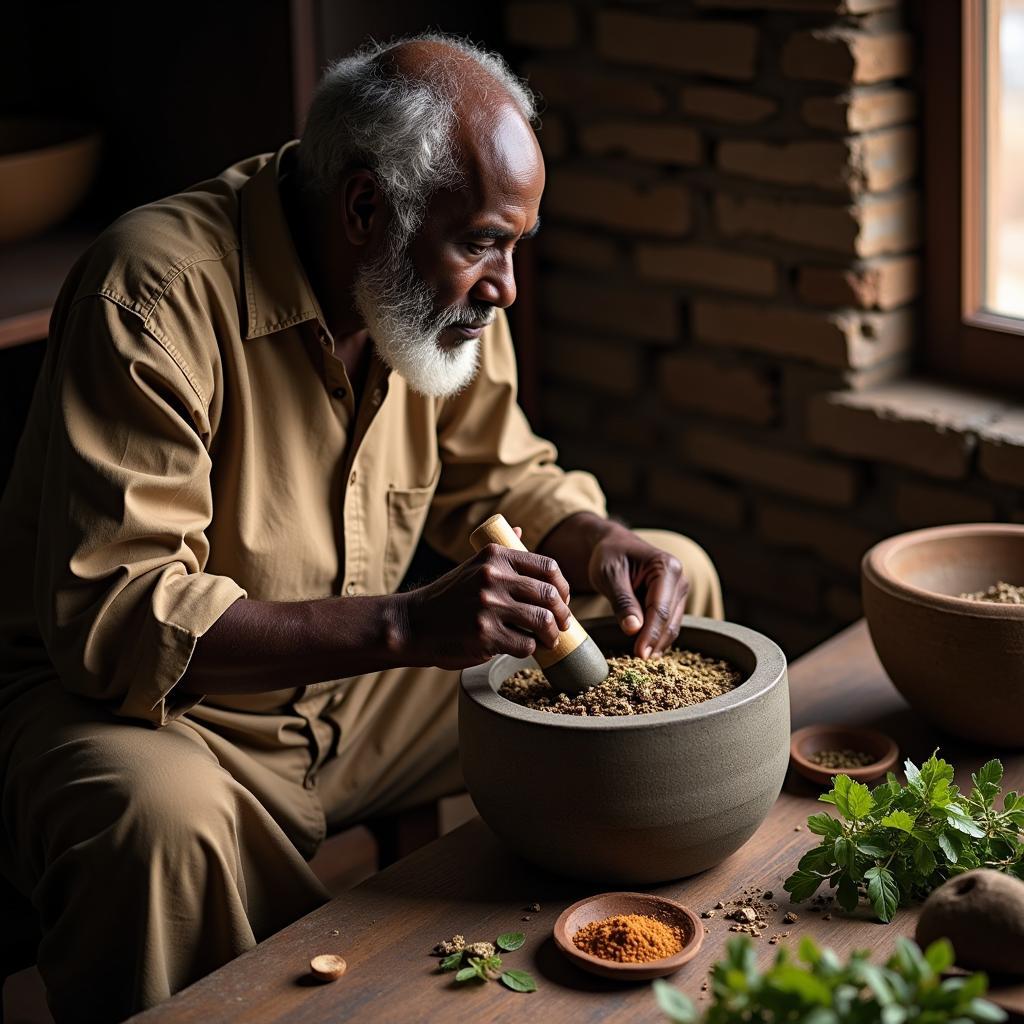Discovering the Richness of the African Language Twi
The African Language Twi, a vibrant and melodic tongue, holds a significant place in the cultural tapestry of Ghana. Spoken by millions, Twi is more than just a means of communication; it’s a gateway to understanding the rich history, traditions, and values of the Akan people. This article delves into the fascinating world of Twi, exploring its origins, linguistic features, cultural significance, and its role in the modern world.
A Deep Dive into Twi: Origins and Development
Twi belongs to the Kwa branch of the Niger-Congo language family, a vast linguistic group encompassing numerous languages across West Africa. It is closely related to Fante, another Akan language, and shares similarities with other languages in the region. Twi’s origins can be traced back to the early migrations of the Akan people, who established powerful kingdoms and empires in present-day Ghana. The language evolved over centuries, influenced by trade, cultural exchange, and interactions with neighboring communities. Did you know that Twi has several dialects, each with its own unique nuances and pronunciation? This linguistic diversity reflects the richness and complexity of Akan culture.
Many African countries boast unique traditions and histories. Explore them further with our article on african civilizations wikipedia.
The Structure and Sounds of Twi: A Linguistic Overview
Twi is a tonal language, meaning that the pitch of a syllable can change the meaning of a word. This tonal system adds a layer of complexity and musicality to the language, making it both challenging and rewarding to learn. Twi has a rich vocabulary, with words often reflecting the cultural values and beliefs of the Akan people. The language incorporates proverbs, idioms, and metaphors, adding depth and expressiveness to communication. Twi grammar follows a subject-verb-object structure, similar to English, but with its own unique set of grammatical rules.
Twi and Akan Culture: An Inseparable Bond
Twi is deeply intertwined with Akan culture, playing a crucial role in preserving traditions, customs, and social values. Storytelling, music, and traditional ceremonies are often conducted in Twi, ensuring the transmission of cultural knowledge from one generation to the next. Proverbs and idioms in Twi encapsulate the wisdom and philosophy of the Akan people, offering valuable insights into their worldview. Twi is also used in traditional medicine, religious practices, and other aspects of daily life, demonstrating its central role in Akan society.
You might be interested in learning about the musical instruments that contribute to the vibrant soundscapes of Africa. Check out our article on african instruments facts.
Twi in the Modern World: Adaptation and Evolution
Despite the influence of globalization and the rise of English as a lingua franca, Twi continues to thrive in Ghana. It is widely spoken in homes, markets, and social gatherings, serving as a vital link to cultural identity. Twi is also used in education, media, and literature, contributing to the preservation and promotion of Akan culture. The language is constantly evolving, adapting to new technologies and incorporating loanwords from other languages. This dynamic nature ensures its continued relevance in the modern world.
Conclusion: Embracing the Beauty of Twi
The African language Twi is a testament to the rich cultural heritage of the Akan people. Its unique linguistic features, deep cultural significance, and adaptability in the modern world make it a fascinating language to explore. Learning Twi opens up a world of understanding, allowing us to appreciate the beauty and complexity of African cultures.
Interested in exploring different aspects of African cultures? Learn about a fascinating tradition with our article on the african jumping tribe.
FAQ
- What is the origin of the Twi language? Twi belongs to the Kwa branch of the Niger-Congo language family and originated with the Akan people of Ghana.
- Is Twi a tonal language? Yes, Twi is a tonal language, meaning the pitch of a syllable can change the meaning of a word.
- Where is Twi spoken? Twi is primarily spoken in Ghana, particularly among the Akan people.
- How is Twi related to Akan culture? Twi is deeply intertwined with Akan culture, used in storytelling, music, ceremonies, and daily life.
- Is Twi still spoken today? Yes, Twi is actively used in Ghana and is adapting to the modern world.
- How many dialects of Twi are there? Twi has several dialects, each with unique nuances and pronunciations.
- What is the basic word order in Twi? Twi follows a subject-verb-object sentence structure.
For further support, contact us at +255768904061, email [email protected], or visit us in Mbarali DC Mawindi, Kangaga, Tanzania. We have a 24/7 customer service team.


